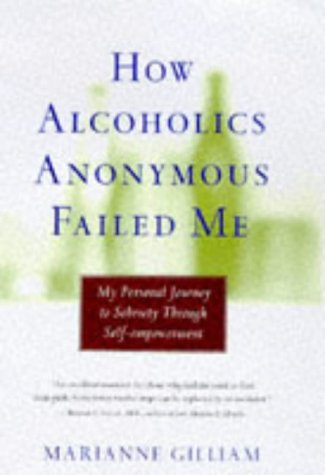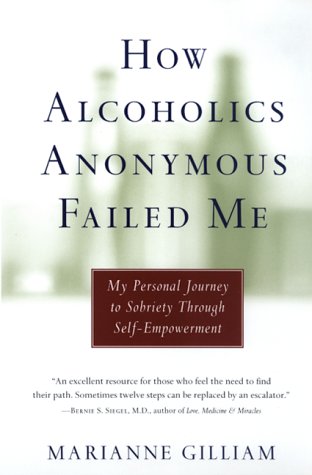
If Alcoholics Anonymous is so effective, why do fourteen million Americans struggle with alcoholism? Why does the rate of relapse among AA members hover around 70 percent? Can it be that the original twelve-step program — and such offspring as Al-Anon and Narcotics Anonymous — represents not a solution but merely a different facet of the problem?
In this first-person account of fourteen years as a drunk, thirty-three-year-old Marianne Gilliam concludes that AA is a fundamentally flawed program. Refusing to accept the idea that alcoholism is a “disease”, that she and all other drunks are “powerless”, and that twelve-step meetings are the answer, she found a different path to sobriety in a meaningful, love-based approach to life founded on innate self-worth.
Admitting that AA may work for some, Gilliam argues from personal experience that the twelve-step culture of victims and codependents actually perpetuates addiction by denying the individual’s capacity for responsible behavior or; at best, replacing dependence on alcohol and drugs with an equally powerful dependence on the program itself While this may stop members from drinking, it does nothing to cure the underlying psychological problems that cause self-destructive behavior. Instead, she offers guidance based on her own search for sobriety, addressing each key issue methodically but sympathetically and pointing the way toward true recovery, independence, and lasting freedom from addictions of all kinds.
Product Features
- Used Book in Good Condition

